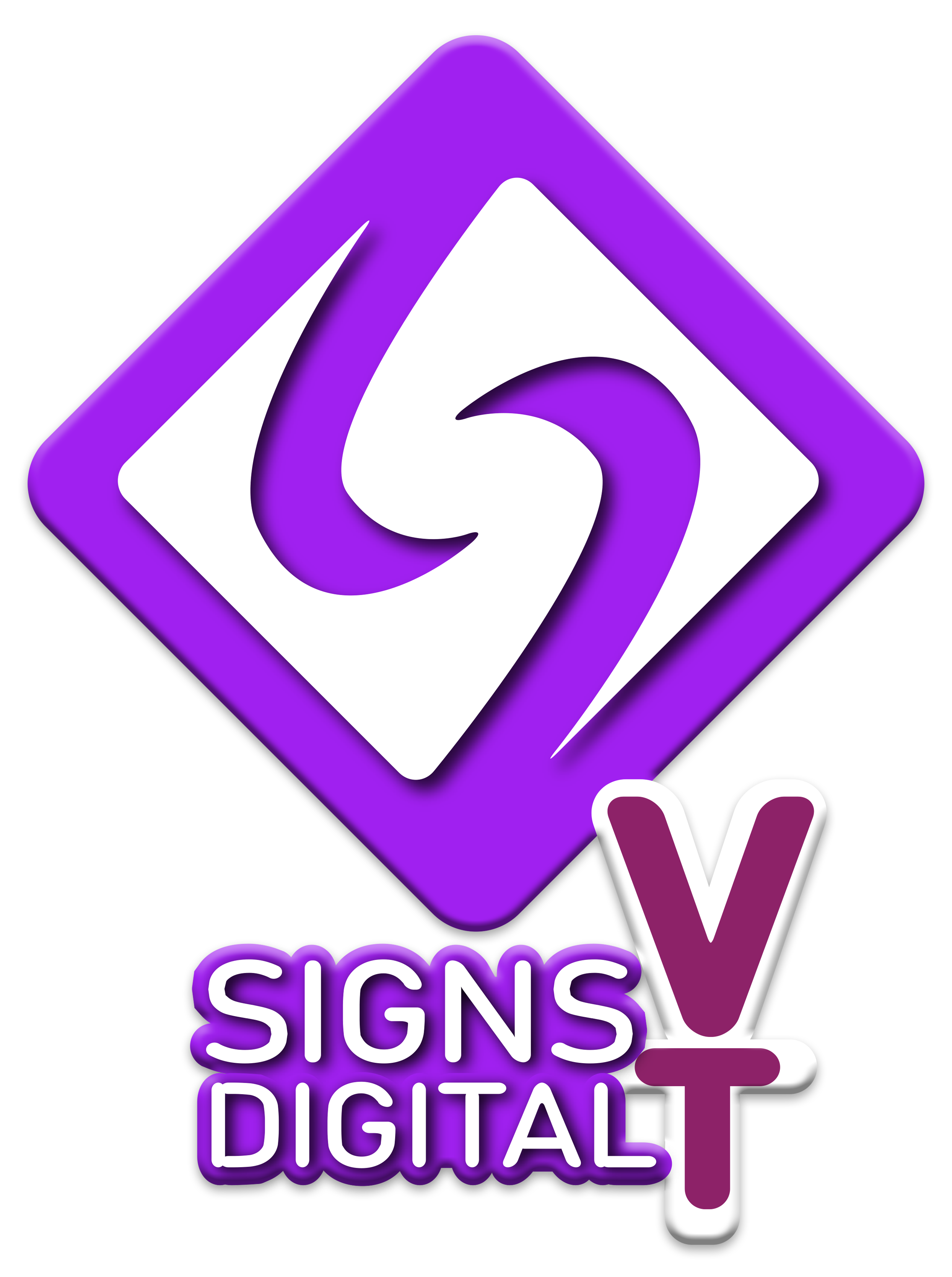World Day Against Trafficking In Persons
In 2013, the General Assembly held a high-level meeting to appraise the Global Plan of Action, the Member States adopted resolution A/RES/68/192 and designated July 30 as the World Day against Trafficking in Persons.
Trafficking in persons(TIP) means the recruitment, transportation, transfer, and harboring of a person for the purposes of exploitation, especially with women or children.
TIP involves an act committed to exploiting someone’s labor or services. Victims are compelled to provide their labor or services under circumstances that would be reasonably expected to cause them to fear for their safety — or for the safety of someone known to them — if they refuse to provide that service or labor.
This year’s theme focuses on the role of technology as a tool that can both enable and impede human trafficking. Technology is one of the most improved sectors in this era and it can be of merit or demerit to society.
To begin with the disadvantages, traffickers are currently using technology to profile, recruit, control, and exploit their victims as well as using the Internet, especially the dark web, to hide illegal materials stemming from trafficking and their real identities from investigators.
Everyone has access to social media, traffickers are creating pseudo accounts that help hide their identity or even hack innocent victims' social media handles. It is also easy to trick people into their trap seeing that most things are done on the internet.
However, technology is also used for the better by tracking traffickers, helping the police with investigations, and even identifying victims.
Organizations have also taken the responsibility for curbing trafficking, for instance, United Nations Office on Drugs and Crime (UNODC) has also co-organized “DataJams” with IBM and the Colombian non-governmental organization Pasos Libres in which students compete online to develop technology-based solutions to identify and protect victims of trafficking and support prosecutions.
Tags:
Related
Share this article
Experienced and versatile writer, dedicated to using my exceptional writing and editing skills to inform and advocate. My work focuses on educating and entertaining readers on a range of topics, with a particular expertise in matters of disability.
View articles


